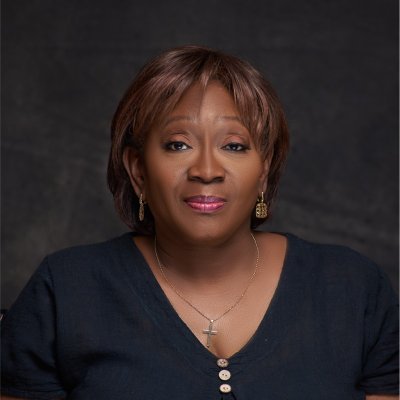
As a youngster living in London full-time, I often participated in a BBC World Service quiz programme called Focus On Africa.
It was great fun and my second favourite work assignment ever (the first was writing reports about wonderful tourist destinations for British Airways’ glossy in-flight magazine. I’d fly to Mauritius or wherever first-class, then assess the best hotels, etc…so cushy!).
OK, so I always eagerly looked forward to the quiz, which happened every month for many years. Later, it became an annual event and I absolutely loved it because it was quality edutainment (educational as well as entertaining).
But most of all, I loved it because of the fabulous multinational cast of characters I worked with: Irish Maura and Ghanaian KB (both now late), Cameroonian Veronique, Zimbabwean Violet, Patrick and Robin (both English), Cameron, another Ghanaian and a handful of other excellent journalists.
Another frequent participant was a Tanzanian journalist called Ahmed Rajab. He was so charming, erudite and amusing…and by far the most knowledgeable colleague I had within that context.
Ahmed could answer almost every question that was thrown at us by the quiz master or mistress. He was the kind of guy who knew what the Gross Domestic Product of Botswana was and could recite the names of every member of the Senegalese football team. He was as well-informed around sports as he was around politics and economics.
He was, simply put, a Pan African genius who put me (a moron by comparison) to shame on several occasions!
Ahmed recently passed away and I am heartbroken. His son, Talal, a PR and Communications professional who works in London, has kindly written the following tribute for Vanguard readers:
Ahmed Rajab, the international journalist and political analyst, sadly passed away at the age of 79 in London.
As I reminisce on his life and career, many memories both happy and sad come to mind. The times that he would sneak me and my brother, Tahar, into Bush House in the early 90s so we could hear him record pieces for the BBC Swahili Service. Watching him being interviewed on CNN or Channel 4 News and shouting “there’s dad!” as we crowded around the TV. Going into the Africa Analysis offices in Farringdon, London, and listening to him talk about politics and economics in far away countries that I had little to no knowledge of.
It also reminded me of the times when he was away for months on end, reporting on elections and wars, missing birthdays and other important occasions as he pursued his passion for journalism. Even in retirement, he was still much sought after by media outlets for his analysis and views of the continent.
Ahmed was born on the island of Zanzibar in 1946, and his experiences of the Zanzibar revolution shaped much of his later life, particularly his political views. Zanzibar, at the time a British protectorate under the Sultanship of Jamshid bin Abdullah, was undergoing radical change during his student years, culminating in an armed revolt in 1964 and the overthrowing of the Sultan. It was an experience that not only led to him moving to the UK but shaped his later political activism. He described the events for a BBC Witness History podcast in 2020.
After moving to the UK in 1964, he graduated from Birkbeck University where he studied Philosophy, before pursuing a Masters in African Studies from Sussex University. After graduation, he worked in various production roles at the BBC World Service in London, and also served within the UNESCO Communications Office in Kenya. It was at this time that he honed his writing skills, contributing articles for Index on Censorship and Africa Events.
By 1995, my dad had become the editor of Africa Analysis, a fortnightly magazine dedicated to African politics and economics and, after leaving Africa Analysis after nearly 20 years, he became the Head of Newsroom for the Middle East/Asia Bureau of IRIN, the United Nations’ Humanitarian News Agency. During his career, he was regularly interviewed on the likes of the BBC, Channel 4 News and CNN.
You could always find my father behind a laptop or PC, as he was also a prolific writer. His work,A Chilly Wind Over the Indian Ocean, was featured in the book Pioneers, Rebels, and a Few Villains: 150 Years of Journalism in Eastern Africa. His poetry, which resonated deeply with African identity and political themes, was included in the 1997 anthology African New Voices.
It’s only now, as a dad myself, that I realise the sacrifices that my father had to make to pursue his passion for journalism and his desire to see true democracy spread across Africa. He left Zanzibar during a time of revolution, started a new life in a new country on his own at the age of 18 and worked day and night to realise his dreams. I can’t even begin to imagine what that must have been like, and my only regret is that I never properly sat down with him to hear his experiences.
He is survived by his wife, Aysha, my brother Tahar, his daughter Zakiya and niece Umi, along with his seven grandchildren.